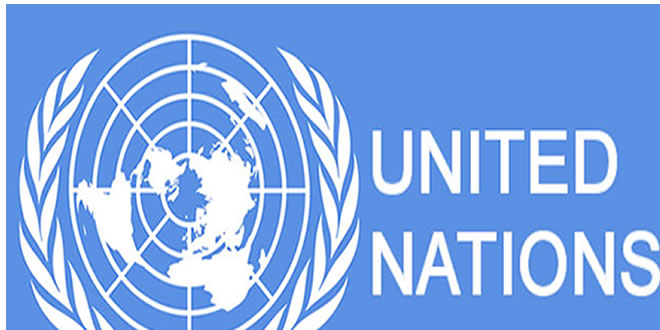By Eniola Amadu
The United Nations (UN) Economic and Military Sanctions have been reimposed on Iran, a decade after they were lifted under the 2015 nuclear agreement.
The UK, France, and Germany triggered the so-called “snapback” mechanism, accusing Tehran of nuclear escalation and a failure to cooperate with international inspectors.
The sanctions took effect following months of mounting tensions, compounded by US and Israeli airstrikes in June on several Iranian nuclear sites and military bases.
Iran suspended inspections of its nuclear facilities after the strikes, describing them as violations of sovereignty.
The International Atomic Energy Agency (IAEA) confirmed that inspections had since resumed, though European ministers said Tehran had still failed to meet core obligations.
President Masoud Pezeshkian has rejected the sanctions as “unfair, unjust, and illegal,” insisting that Iran has no intention of pursuing nuclear weapons.
He warned that the renewed restrictions jeopardise diplomacy and could stall further negotiations.
The Joint Comprehensive Plan of Action (JCPOA), signed in 2015, placed limits on Iran’s uranium enrichment and nuclear research while allowing it to develop nuclear power for civilian purposes.
The agreement was seen at the time as a breakthrough in relations between Iran and the West.
However, Iran began breaching its commitments after the United States withdrew from the deal in 2018 under then-President Donald Trump, who argued the accord was flawed.
The E3 – Britain, France, and Germany – said they had “no choice” but to activate the snapback procedure after Iran failed to address their concerns despite “extensive dialogue.”
They cited Tehran’s refusal to authorise full IAEA access or provide an updated accounting of its enriched uranium stockpiles.
“Iran has repeatedly breached its commitments,” the ministers said in a joint statement.
“The reimposition of UN sanctions is not the end of diplomacy, but Iran must take immediate steps to de-escalate.”
Pezeshkian, while softening earlier threats to quit the Nuclear Non-Proliferation Treaty, said Tehran would require guarantees that its nuclear facilities would not be attacked before considering adjustments to enrichment levels.
He also rejected a US proposal that Iran surrender its enriched uranium stockpile in exchange for temporary sanctions relief.
Israel welcomed the return of sanctions as a “major development” and urged the international community to use “every tool” to prevent Iran from acquiring nuclear weapons.



